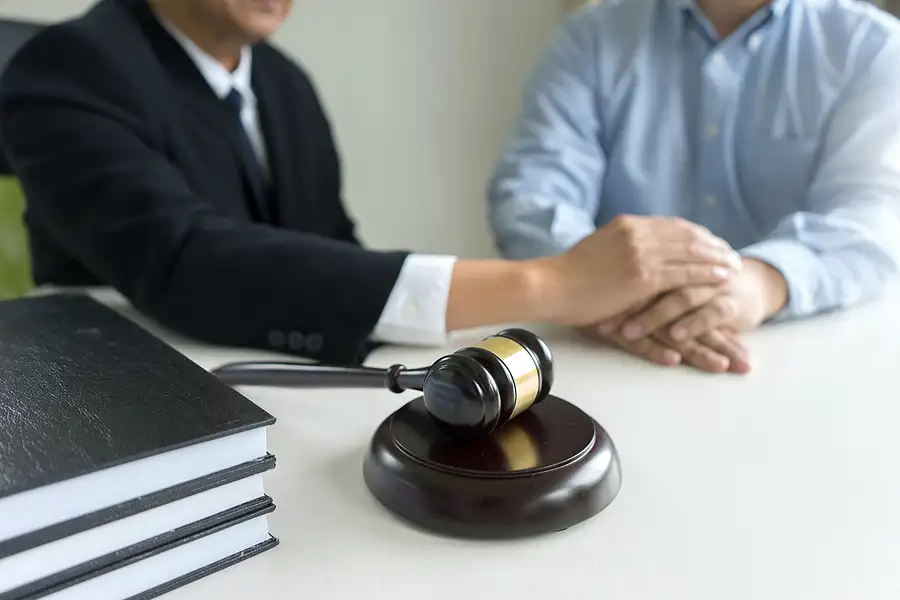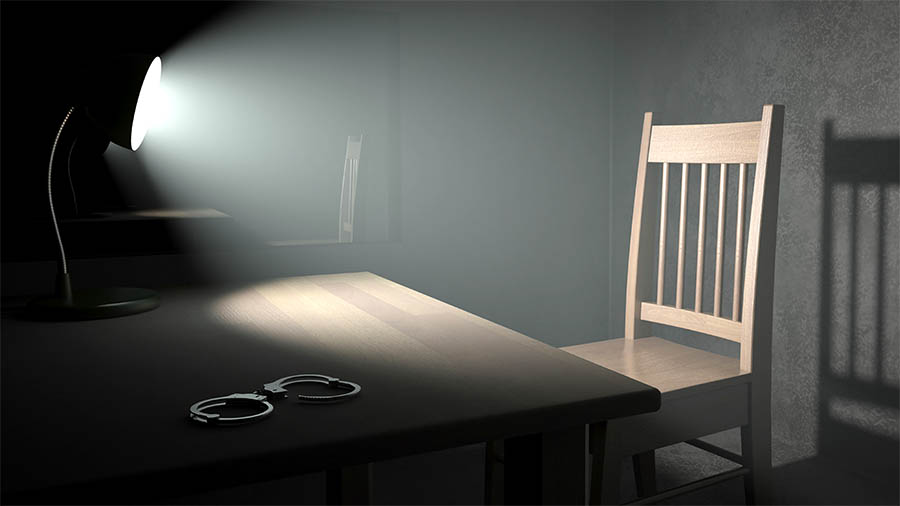The portrayals of the criminal justice system that most people see on television or in a movie usually end with the trial conviction of the accused; but in reality, if one is convicted of a state or federal crime in New Jersey or anywhere else, life does not fade to black and roll credits. Depending on what happened at the trial, it may be possible to appeal the trial court outcome.
Part of the justice in the criminal justice system is the existence of a mechanism to correct for critical mistakes made during the trial. That mechanism is the appeal process. This post provides a brief overview of how the criminal appeals process works.
To begin with, what the appeal process is not intended to do is re-litigate the trial. The appeals court will look at the facts, evidence and testimony that were presented at trial and which form the trial record on appeal. However, the court will not consider new evidence that was not presented at trial. Rather, what the appeal must do to be successful is to prove that during trial a reversible error took place.
The appeals court will not reverse a trial court decision even if the appeal of the conviction can prove that mistakes were made, as long as those mistakes were harmless error. However, if on appeal the person making the appeal, the appellant, can show that an error had the effect of prejudicing the outcome (that if the error had not happened, he or she would not have been convicted) – that is a reversible error.
If the appellant can show that a reversible error occurred, then the conviction may be overturned.
Another consideration on appeal is to challenge the sentence issued in connection with a conviction. Similar to its examination of the trial record, the appeals court will generally avoid overturning a trial court sentence unless the appellant can demonstrate that a significant mistake was made, such as the trial court judge making a mistake in applying a sentence mandated by law. If that happened, then instead of overturning the conviction itself the appeals court may send the matter back to the trial court for a new sentence.
Due to the high stakes and complexity of this process, working with an attorney in the pursuit of an appeal can be a wise decision.
Source:



Leave A Comment